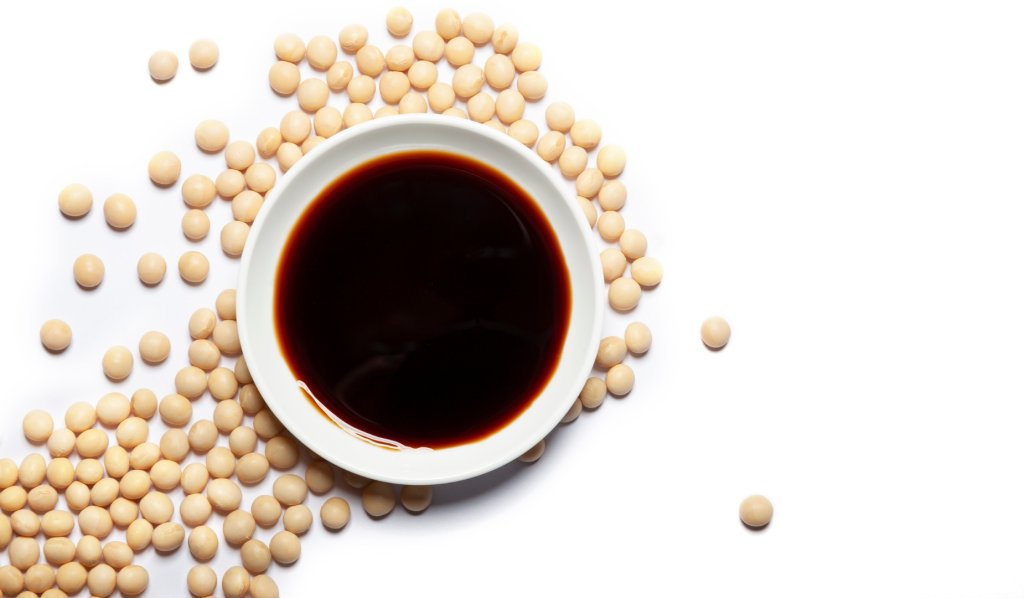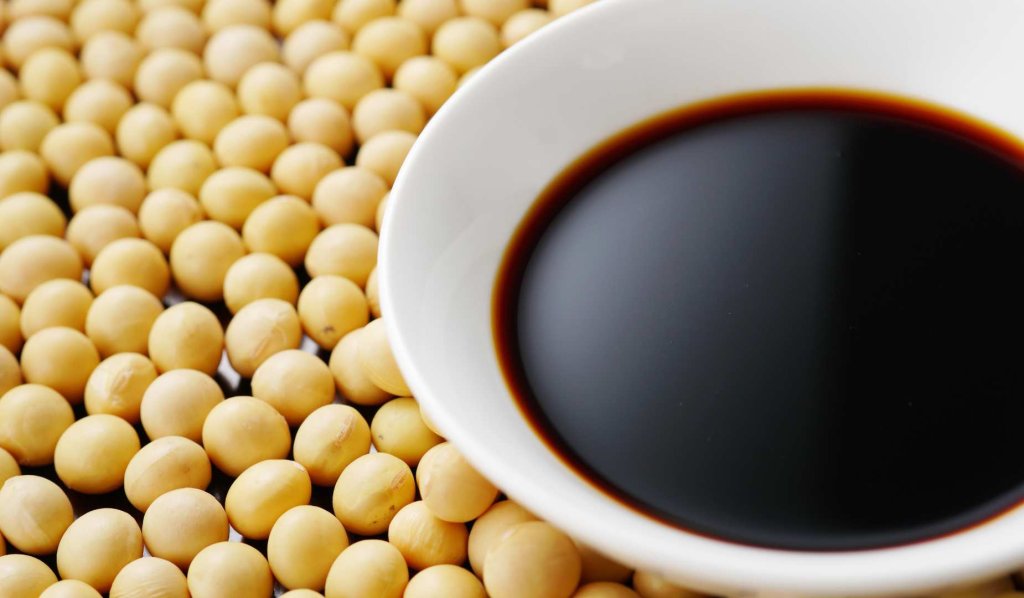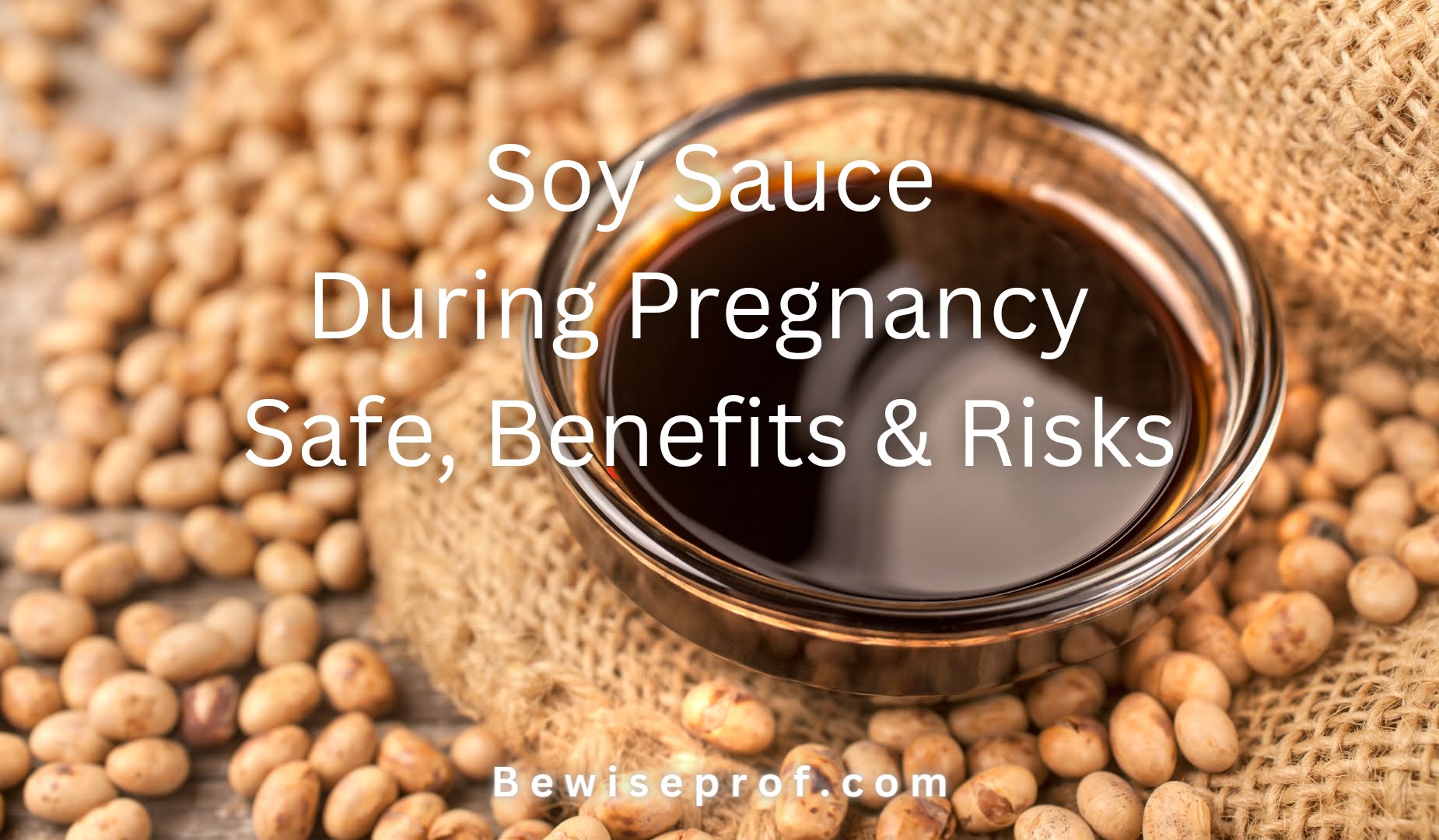Soy sauce can be found in many Asian dishes, and it is also popular as a condiment. It’s easy to understand why pregnant women are concerned about the safety of soy sauce during pregnancy.
Consuming soy sauce in moderation is safe for pregnant women. Soy sauce in excess can contain high levels of sodium. Alcohol, isoflavones and heavy metals in soy sauce can be harmful to the developing fetus if consumed excessively.
At least in moderation, you can enjoy soy-containing foods. We’ll talk a bit more about soy’s safety. What are isoflavones (isoflavonoids)? Is it normal for pregnant women to crave soya sauce? Continue reading to learn more.
Is soy sauce safe or bad for pregnant women?
Soy sauce is made of soybeans, water, and salt. Many Asian dishes use it as a seasoning or condiment. Soy sauce is safe to consume during pregnancy but in moderation.
- High in sodium
- Isoflavones are present in this product
- There is a chance that it may contain harmful bacteria, but this is rare
Soy sauce is high in sodium, so it should be consumed with caution. Soy sauce has about 1000mg of sodium in a tablespoon. A pregnant woman requires between 1500-2300mg of sodium a day. (source: National Library of Medicine).

Just a few teaspoons of soy sauce can easily surpass the daily sodium intake for pregnant women. Preeclampsia and high blood pressure can be caused by consuming too much sodium during pregnancy. (source: American Heart Association).
Isoflavones are also found in all products based on soy, such as milk or soy sauce. Isoflavones, a phytoestrogen that is plant-based and has estrogen-like properties on the body, are a form of isoflavones.
According to a study, isoflavones found in soy products can weaken the immune systems of rats during pregnancy and their offspring. (Source: American College of Toxicology). It is important to note that these studies were conducted on animals, not humans.
It is necessary to conduct more research to understand the effects isoflavones have on developing fetuses and pregnant women. Soy sauce is safe to consume in moderation during pregnancy. though if it has been stored properly, 99% of commercially-made so (Source: National Journal of Food Microbiology), although most commercially made soy sauce in bottle is safe to use if has been stored correctly.
You might have also wondered if homemade soy sauce was better than the store-bought version, or vice versa.
Store-bought or fermented, soy sauces are equally safe. You should only consume soy sauce in moderate amounts during pregnancy, whether you use homemade or store-bought.
It is not common outside Asia to make soy sauce, but if you do, you will need a good recipe, fresh ingredients and sterilised utensils.
It’s best to wait until after your baby is born to start fermenting food if you haven’t done so before.
Does Soy Sauce Contain Alcohol?
There are trace amounts of Alcohol in soy sauce. The alcohol content in soy is typically between 0.0004 and 1.7wt%. (Source: Seoul Women’s University). This is a small amount.
The amount of alcohol present in soy sauce does not cause harm to a developing fetus. Kikkoman’s Naturally Brewed Soy Sauce, for example, contains only 2% by volume of alcohol. (source: Kikkoman).
According to a study from the University of Copenhagen, 100ml of sauce containing 2% alcohol is so low in alcohol that “a woman who is pregnant would be able to handle it”. This is only 2ml of ethanol per serving (Source: Journal of Food Chemistry).
If you want to use soy sauce in a recipe rather than just as a condiment, then you can try cooking it down. The heat will evaporate any alcohol (source: American Chemical Society).
You can find out more in our article Alcohol in Food When Pregnant.

What’s better for pregnant women: Light (low Sodium) Soya sauce or Dark?
It is made from soybeans that have been roasted longer, removing the colour. The sodium content of this type of sauce has also been reduced. Dark soy sauce comes from soybeans which have been roasted for a longer time, giving it a darker colour and more intense taste.
There is no difference between light and dark soy sauce in terms of safety when pregnant, except for the lower sodium content of the light version. Both are fine in moderation.
You may wish to use less dark soy sauce because it has a stronger flavour. Light soy sauce is a good choice for pregnant women trying to reduce their sodium intake.
Is Soy Sauce Beneficial During Pregnancy? Is it healthy?
It’s not normally considered “healthy” for pregnant women. However, it is a great alternative to creamier and heavier sauces. Soy sauce contains nutrients that are beneficial to pregnant women. Soy sauce, for example, contains small amounts of protein as well as iron. (Source: Food Research International).
During pregnancy, pregnant women should ensure that they get enough iron and protein. Iron is necessary for haemoglobin production and is essential for the growth of the baby. (source: American Pregnancy Association).
It’s not practical, however, to consume soya sauce solely to reap its nutritional benefits.
Is it normal to crave soy sauce during pregnancy?
Cravings during pregnancy are common. Around 75% of women who are pregnant report cravings. (Source: American Pregnancy Association). You may want to use soy sauce if you crave something salty.
Pregnancy cravings are often caused by hormonal changes. These hormonal changes can make pregnant women crave certain flavours or foods. (Source: Cleveland Clinic).
No need to be concerned if, while pregnant, you crave soy sauce. This is normal and does not mean you are lacking in nutrition. If you crave soy sauce, it’s okay to have it in moderation. You can find out why you may be craving salty food during pregnancy.
Moderation is the key when it comes down to soy sauce during pregnancy. Use it as a flavouring agent instead of heavy sauces. You can enjoy the taste of soy sauce while consuming less sodium.
